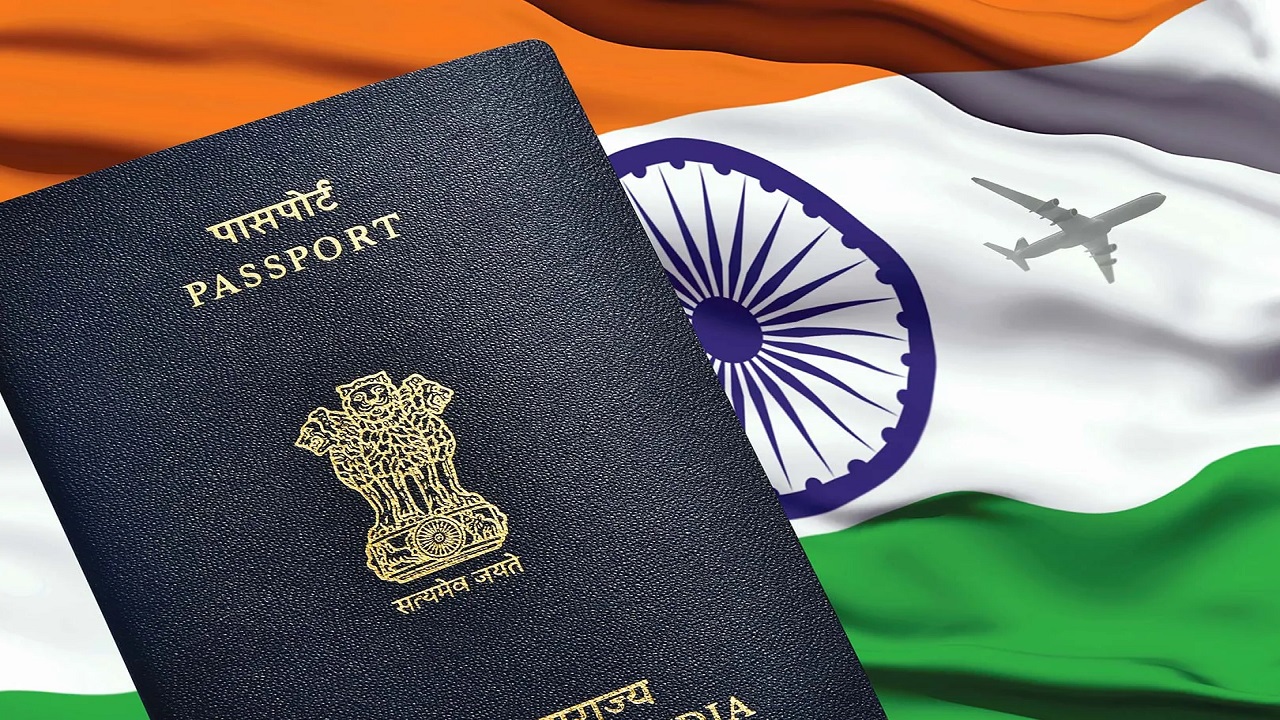Overseas Citizen of India (OCI): Strengthening Diaspora Bonds
Context
-
During his official visit to Trinidad and Tobago, the Prime Minister of India announced that individuals of Indian origin up to the sixth generation residing in the country will now be eligible to apply for the Overseas Citizen of India (OCI) card.
-
This step is aimed at deepening India’s engagement with its diaspora communities, especially those with historical ties through indentured labour migration.
About Overseas Citizen of India (OCI)
-
OCI is a permanent residency status granted to foreign nationals of Indian origin.
-
It enables them to live, work, and travel in India without requiring a visa.
-
Though it does not offer dual citizenship, it provides several comparable benefits to those of Indian citizens.
Background
-
Launched in: August 2005
-
Legal basis: Introduced under the Citizenship (Amendment) Act, 2005
-
Administered by: Ministry of Home Affairs, Government of India
Objective
-
To build stronger institutional and emotional ties between India and its diaspora
-
To allow foreign citizens of Indian origin to participate in India’s economic, educational, and cultural spheres without becoming full citizens
Eligibility Criteria (As per Section 7A of Citizenship Act, 1955)
Foreign citizens who:
-
Were Indian citizens on or after 26 January 1950
-
Were eligible for Indian citizenship on 26 January 1950
-
Belonged to a territory that became part of India after 15 August 1947
Their descendants:
-
Children
-
Grandchildren
-
Great-grandchildren
Minor children:
-
If one or both parents are Indian citizens
Spouses:
-
Foreign spouses of Indian citizens or OCI holders
-
Marriage must have subsisted for at least 2 years
Not eligible if:
-
The applicant or their ancestors were ever citizens of Pakistan, Bangladesh, or any country notified by the Indian government
Key Features of the OCI Card
-
Multiple-entry, lifelong visa to India
-
No requirement for police reporting, even for extended stays
-
Permission to work and study in India without a separate visa
-
Parity with NRIs in:
-
Education: Eligibility, admissions, and fee structures
-
Financial investments
-
Property ownership: Can purchase residential and commercial property
-
-
Cannot purchase agricultural land
-
No political rights:
-
Cannot vote in Indian elections
-
Cannot hold constitutional posts or government jobs
-
-
Application process:
-
Entire process is conducted through the online OCI portal
-
Includes facilities for status tracking
-



.jpg)
Comments (0)